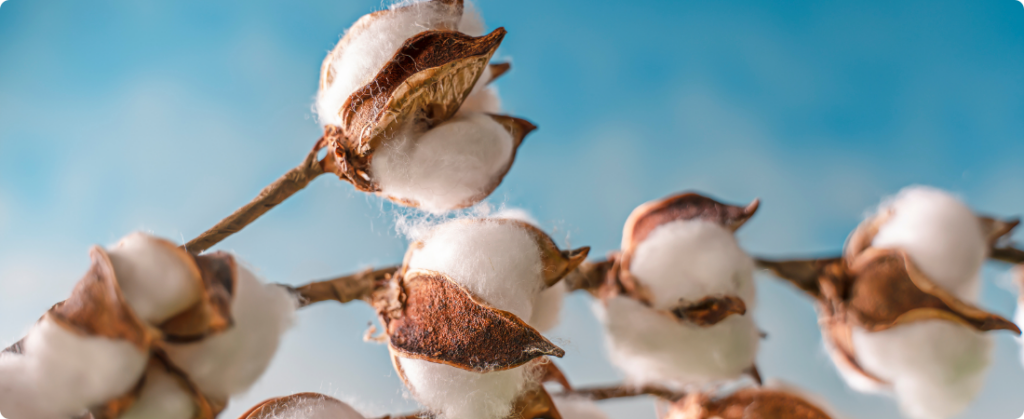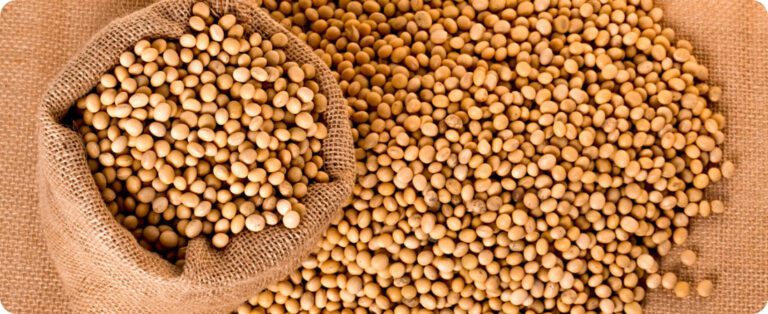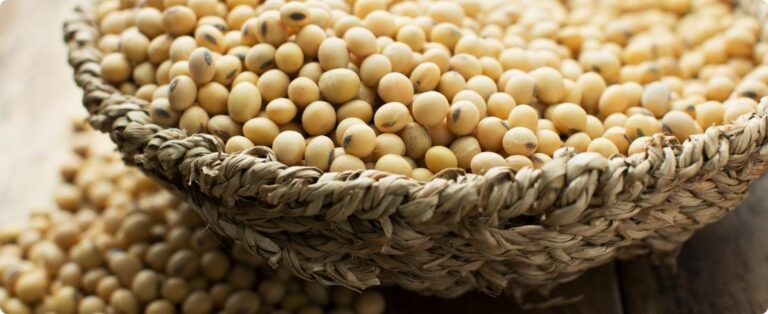
Even with an annual decline of 10%, Brazil maintained its status as the world's second largest exporter of cotton in 2023. With the shipment of 1.618 million tons abroad from January to December, the country generated revenue of US$ 3.07 billion in the year. Even so, the performance was already predicted by the Brazilian Association of Cotton Producers (Abrapa), which observed the impacts of adverse climate effects and the challenging global situation for cotton.
Two armed conflicts, still ongoing, have affected the world economy: Russia/Ukraine and Israel/Palestine. Consequently, with the instability in international markets, the upward trend in both inflation and interest rates continued, slowing the economy in several countries and resulting in a drop in demand for cotton.
Brazil as an exporter and sustainability in 2023
The president of Abrapa, Alexandre Schenkel, reports recovery in the second half of the year due to accelerated record post-harvest exports for the 2022/2023 harvest. Marcelo Duarte highlights: 74% of 2023 exports occurred from July to December, 24% above 2022.
With revenue generated by exports in 2023, the cotton It has also established itself as the seventh largest Brazilian production chain. The product had a 2% share in total revenue of US$ 167.5 billion according to the agribusiness export ranking prepared by the Insper institute.
But there are other factors that justify Brazilian optimism for 2024. One of them is the growing recognition of cotton farmers' care for the responsibility of production. “Duarte highlights that more than 80% from the national harvest has socio-environmental certification, meeting consumer preference for sustainable products.”
Furthermore, the strategy of maintaining close contact with buyer markets was successful. The director of International Relations at Cotton Brazil, promoter of Brazil's cotton chain, highlights that, in 2023, the organization held 18 events and five trade missions, focusing on the main global textile industries.
Source: Abrapa | Notícias Agrícolas















